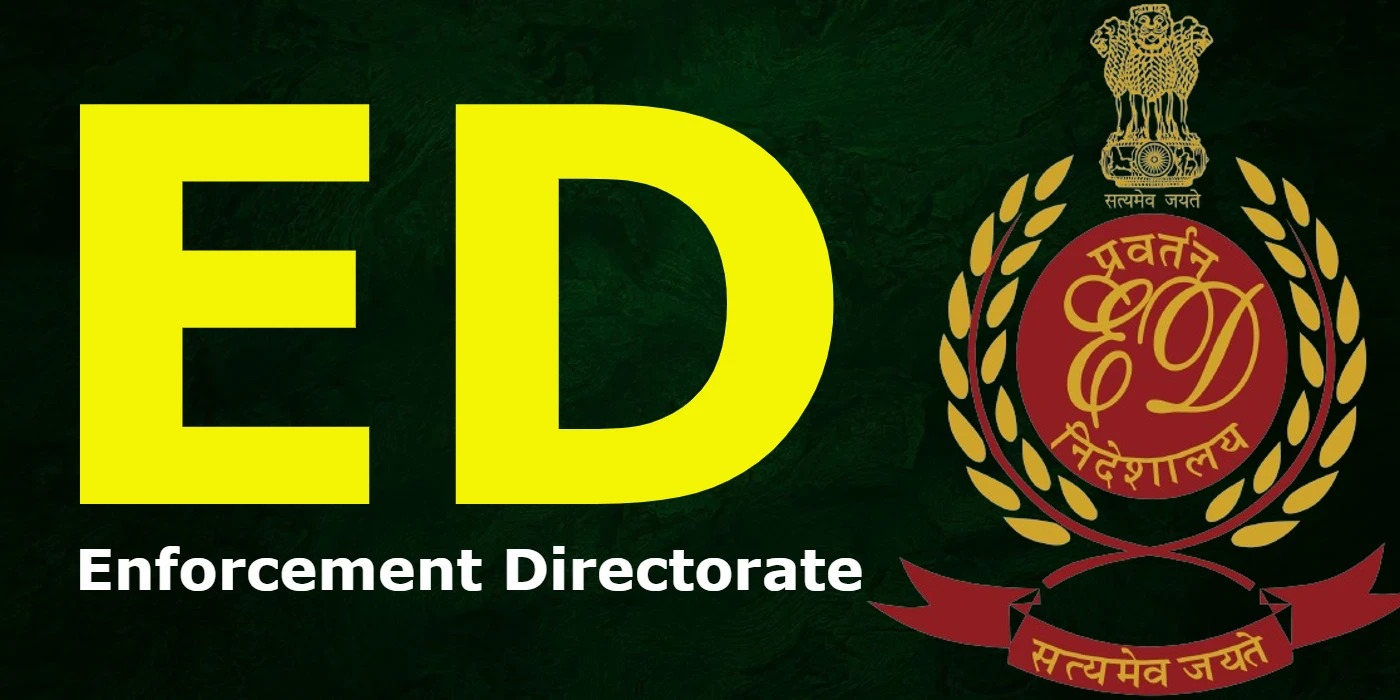D.K. Seth, J.@mdashIt is alleged that the father of the petitioner has been missing since July, 1992. F.I.R. was lodged before the appropriate Police Authority. Newspaper publications were also made. In the meantime, more than 7 years have passed. The petitioner had applied for appointment on compassionate ground presuming death of his father.
2. The Respondent-Bank by its letter dated February 1, 2001 asked the petitioner to furnish some documents including a copy of the decree of the competent Court declaring Civil Death of the employee. The petitioner had furnished all the documents except the decree of a competent Court declaring ''Civil Death'' of the employee.
3. It is now contended by the learned Counsel appearing on behalf of the petitioner that the Respondent-Authority cannot insist upon a decree of a competent Court declaring ''Civil Death'' of the employee. She relied on a decision of the Andhra Pradesh High Court in the case of
4. The learned counsel for the Respondent - State Bank of India had pointed out that the retiral benefits payable to the deceased father of the petitioner have since been paid. She also prays that unless a copy of the decree of the competent Court declaring ''Civil Death'' of the employee is furnished, it is not possible for the Bank to presume the employee as dead.
5. The learned counsel for the Respondent - State Bank of India insists that the case of the petitioner will be considered within 3 months from the date of furnishing a copy of the decree of the competent Court declaring ''Civil Death'' of the employee, to the Bank.
6. The learned counsel appearing for the respondent No. 4, however, took a neutral stand.
7. After hearing the respective Counsel appearing for the parties, it appears that the father of the petitioner is alleged to have been missing since 1992. On the expiry of 7 years from the date of such missing, legal death is presumed for all purposes.
8. In the decision in the case of K. Naga Hema (supra) it was so held by a Division Bench of Andhra Pradesh High Court in fact, under the provisions of Section 108 of the Evidence Act, death is presumed when a person has not been heard of for 7 years by those who would naturally have heard him if he had been alive. Therefore, having regard to the legal proposition, particularly when the Bank had already accepted the legal death by its conduct viz. by the payment of retiral benefits to the heirs of the missing employee, the death is already presumed by the Bank.
9. The rule in Section 108 of the Evidence Act supersedes the time of presumption provided in the Hindu Law as well as Hanafi Law which are 12 years and 30 years respectively; (Penduri v. Jaladhi) 43 MLJ 725. It is a rule of presumption. By reason of the language applied in Section 108 of the Evidence Act, the burden to prove that such person is alive, lies on the person who affirms it, despite the person having not been heard of for 7 years by persons who would have heard of him if he were alive. The presumption of civil death or fictional death by reason of Section 108 of Evidence Act tantamounts to physical death in the eye of law. On this proposition I am supported by
10. In the circumstances, the respondent-bank shall consider the petitioner''s case in accordance with law, having regard to the particulars and other documents already furnished as asked for in its letter dated February 1, 2001, without the copy of the decree of the competent Court declaring ''Civil death'' of the employee, within a period of 3 months from the date of communication of this order and pass appropriate order.
11. But however, unless already produced, the petitioner shall produce or furnish a succession certificate to the Bank within a period of 3 years from the date he is given appointment, if any. In case it is not so furnished and unless the Bank extends the time for such furnishing of the succession certificate, it would be open to the Bank to take appropriate steps.
12. The writ-petition is thus disposed of.
13. There will be no order as to costs.
14. All parties concerned are to act on a xerox signed copy of this Dictated order on the usual undertaking.

